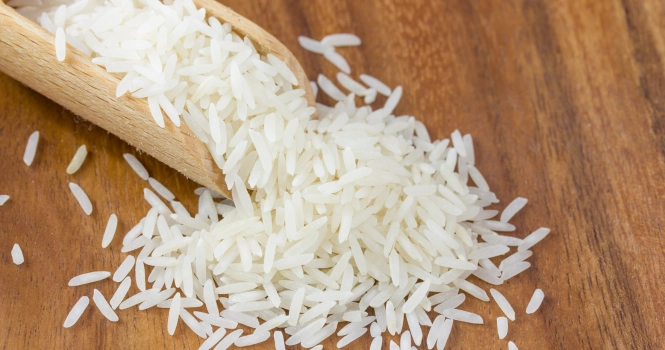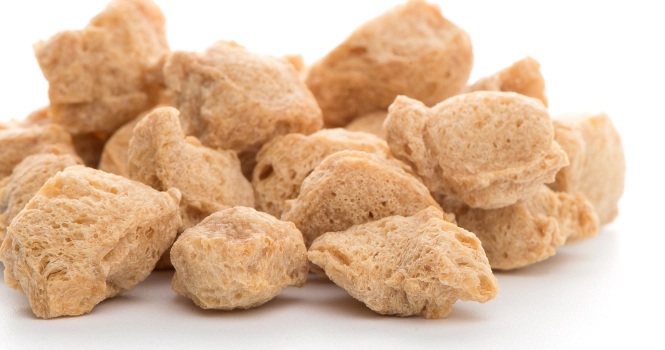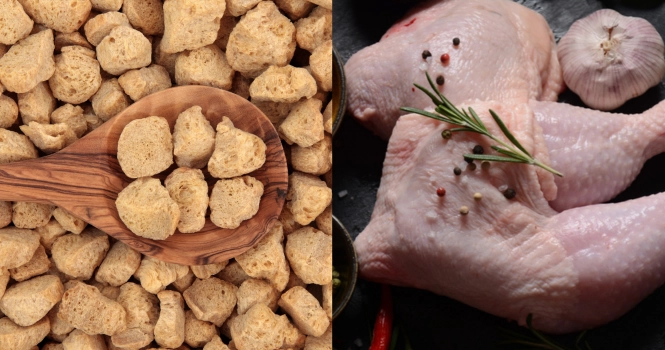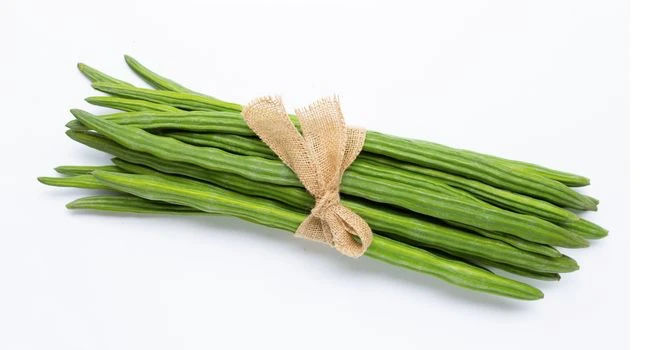Discovering Jowar Flour: The Healthful and Flavorful Choice
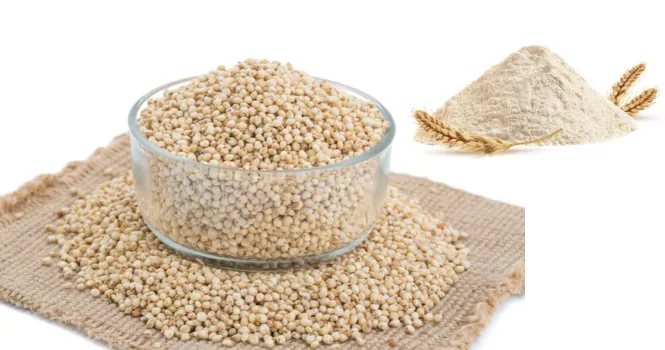
What is Jowar?
Jowar, known scientifically as Sorghum bicolor, is a nutritious cereal grain predominantly grown in tropical and subtropical regions.
It’s valued for its versatility and resilience, thriving in arid conditions where other crops struggle. Jowar is a staple in many diets around the world, praised for its gluten-free properties, making it a suitable grain alternative for those with gluten sensitivities.
Rich in fiber, protein, and essential minerals, jowar is used in various culinary forms, such as flour for breads and porridges. Its robust nutritional profile and adaptability in different culinary traditions make it a significant crop globally.
Other names of Jowar
- Hindi: Jowar is most commonly known as ‘Jowar’ in Hindi.
- Marathi: It is called ‘Jwari’.
- Tamil: It’s known as ‘Cholam’.
- Telugu: It’s called ‘Jonna’.
- Kannada: It’s referred to as ‘Jola’.
- Bengali: It is called ‘Jwaar’.
Nutritional Facts of Jowar Flour(Sorghum) 100 g Serving
| Nutrient | Amount per 100g |
| Energy | 339 kcal |
| Protein | 8.4 g |
| Total Fat | 3.3 g |
| Carbohydrates | 72.6 g |
| Fiber | 6.3 g |
| Sugars | N/A |
| Calcium | 28 mg |
| Iron | 4.4 mg |
| Magnesium | 0 mg |
| Phosphorus | 0 mg |
| Potassium | 350 mg |
| Sodium | 6 mg |
| Zinc | 0 mg |
| Vitamin C | 0 mg |
| Thiamin (Vitamin B1) | 0.237 mg |
| Riboflavin (Vitamin B2) | 0.142 mg |
| Niacin (Vitamin B3) | 2.927 mg |
| Vitamin B6 | 0 mg |
| Folate (Vitamin B9) | 25 µg |
| Vitamin E | 0 mg |
| Vitamin K | 0 µg |
Please note that these values can vary slightly depending on the brand and the processing method of the flour. The data above is a general representation and should be used as a guide. Jowar flour is particularly noted for its high fiber content, a good amount of protein, and it’s a significant source of iron and B vitamins, especially for those following a gluten-free diet.
Jowar Flour Benefits
Jowar flour, made from ground sorghum, offers several benefits, particularly for weight loss:
1. High in Fiber: Jowar flour is rich in dietary fiber, which aids in digestion and promotes a feeling of fullness. This can help in controlling appetite and reducing overall calorie intake.
2. Gluten-Free: For individuals with celiac disease or gluten intolerance, jowar flour is an excellent alternative to wheat flour, providing a way to enjoy various dishes without gluten-related issues.
3. Rich in Nutrients: It’s a good source of essential nutrients like B vitamins, iron, magnesium, and phosphorus, contributing to overall health and well-being.
4. Low Glycemic Index: Jowar has a lower glycemic index compared to some other grains, meaning it releases sugars more slowly into the bloodstream. This can help in managing blood sugar levels, important for people with diabetes and those looking to maintain stable energy levels.
5. Antioxidant Properties: Jowar contains beneficial antioxidants that help combat inflammation and protect cells from damage.
Jowar Flour for Weight Loss
1. Controls Hunger: The high fiber content in jowar flour can keep you fuller for longer, reducing the likelihood of snacking on high-calorie foods.
2. Calorie Control: Being nutrient-dense yet low in calories, jowar flour can be a part of a reduced-calorie diet for weight loss.
3. Energy Sustenance: The complex carbohydrates in jowar are digested slowly, providing sustained energy without the spikes and crashes associated with high-sugar foods.
4. Versatile in Cooking: Jowar flour can be used in various recipes, including breads, pancakes, and rotis, allowing for diversity in a weight loss diet, which can help in sticking to healthy eating habits.
Incorporating jowar flour into a weight loss diet can provide these benefits, contributing to overall health while assisting in managing weight. It’s important to combine this with a balanced diet and regular exercise for effective weight loss.
Frequently Asked Questions
Can I eat jowar roti everyday?
Yes, you can eat jowar roti daily as part of a balanced diet. Jowar, being rich in fiber, minerals, and protein, is a nutritious choice.
It’s also gluten-free, making it suitable for those with gluten intolerance. However, it’s beneficial to include a variety of grains in your diet to ensure a wide range of nutrients.
Is jowar flour hot or cold for body?
In terms of Ayurveda and traditional medicine, jowar is considered to have a ‘cooling’ effect on the body.
It is often recommended during summers or in hot climates for its cooling properties. However, from a nutritional science perspective, this refers more to its effect on digestive and metabolic processes rather than the actual temperature of the body. Jowar is generally well-tolerated and can be consumed year-round.



